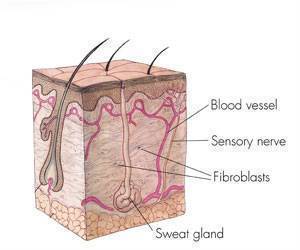Testosterone is involved in the formation and organization of male neural pathways, on which it then acts to regulate various behaviors in adulthood.

‘Inhibiting estrogen receptor alpha (ERα) in the MeA before puberty in male mice reduces both sexual and aggressive behavior in adults.’





However, until now it was unclear whether ERα is involved in the organizational action of testosterone on the formation of neuronal circuitry for male social behavior during puberty. Researchers at the University of Tsukuba have shown that inhibiting ERα in the MeA before puberty in male mice reduces both sexual and aggressive behavior in adults. In contrast, the effects of ERα knockdown in the MPOA before puberty did not differ from knockdown effects in adulthood. The study was reported in Proceedings of the National Academy of Sciences of the United States of America. Behavioral responses to sexually receptive females such as mounting, and toward intruder males such as biting and attacks, were recorded in adult mice. The reduction of both sexual and aggressive behavior by ERα silencing in the MeA before puberty but not in adults suggests the importance of the receptor in this location during puberty. "ERα knockdown in the MeA may even have affected the onset of puberty itself", first author Dr. Kazuhiro Sano says.
"This contrasts with the silencing of ERα in the MPOA, which reduced sexual but not aggressive behavior in mice, regardless of the time of knockdown treatment." These findings suggest that ERα gene expression in the MPOA does not control male aggression through either the organizational role of testosterone at puberty, or its regulatory role in adulthood.
To understand why ERα silencing in different areas of the brain had varying effects, the team examined MeA cells. They found that neuronal cells were greatly reduced in MeA in which ERα expression had been inhibited before puberty. "ERα in the MeA seems to be necessary for testosterone to masculinize the neural circuitry for social behavior during puberty", corresponding author Dr. Sonoko Ogawa explains. "If this masculinization is incomplete, social signals that enable adults to express male social behavior may not function correctly."
Source-Eurekalert















